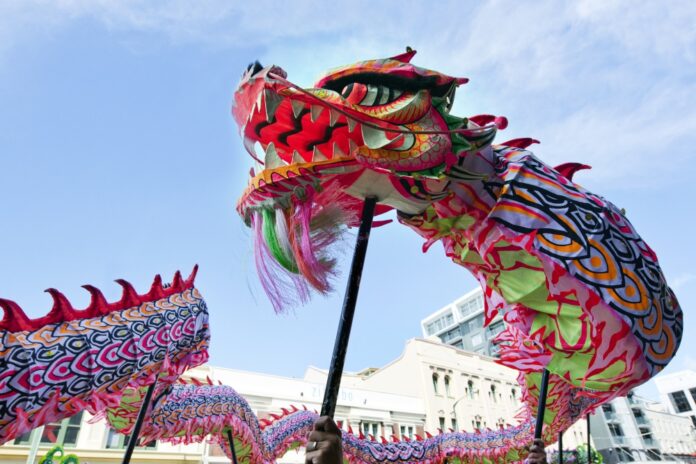This week the Swedish equipment vendor’s Q3 numbers were boosted by sales in China – but Sweden banned Huawei and ZTE from its networks.
China has responded by threatening Sweden and Swedish companies. In a news briefing, reported by Reuters, a spokesperson for China’s Foreign Ministry, Zhao Lijian, said, “Sweden should uphold an objective and fair attitude, and correct its wrong decision, to avoid bringing a negative impact to China-Sweden economic and trade cooperation and the operations of Swedish enterprises in China”.
He added, “China expresses strong dissatisfaction with Sweden”.
Biggest threat to Sweden
The Swedish Post and Telecom Authority (PTS) banned the use of products from Huawei and ZTE by companies taking part in the 5G auction expected next month.
PTS explained that it had followed advice from the country’s armed forces and security service, which described China as “one of the biggest threats against Sweden”.
That looks like it might remain the case whatever course of action the Swedish government takes next.
Trump pressure
Many governments have banned or are considering banning the use of Chinese companies’ equipment in 5G and sometimes older infrastructure too. Some have done it explicitly, such as the UK and Sweden, some less blatantly, such as Belgium and France.
The Trump Administration has put pressure on governments the world over to do so on the that Chinese network equipment can be used to spy for the Chinese state and accusations of industrial espionage – the theft of other companies’ technology and R&D, which was also raised by the Swedish government.
The UK security authorities also said Huawei equipment had poor software that had not improved sufficiently over time despite many warnings to fix it.
Bad timing
The timing could not be worse for Ericsson, which posted strong Q3 results, boosted by 5G sales in China.
Ericsson reported revenues of SEK 57.5 billion (€5.56 billion), up by 1% on the same period last year, but an increase of 7% when adjusted for “comparable units” and currency fluctuations.
The company had an operating profit of SEK 8.6 billion (€831.5 million) compared to a loss for the same period last year, with gross margins rising from to 43.1% from 37.7%.
The increase in revenues was driven “mainly” by 5G sales by Ericsson’s Networks unit in North America and more to the point, China, where the firm’s business has become profitable which will carry on into Q4, said CEO Börje Ekholm.
When asked about the situation regarding China, he replied that Ericsson’s success was built on superior products not the vagaries of geopolitics.
More than one string
Ekholm higlighted 113 commercial 5G deals and 65 live 5G networks, and said that its bigger market share in mobile networks was mostly gained by taking share from “non-Chinese competitors”, presumably Nokia.
He is also enthusiastic about enterprise networks, which he said Ericsson is building organically and through acquisition: last month it announced it would pay $1.1 billion for the indoor and private wireless technology company Cradlepoint.
Even so, in addition to the direct threats to Sweden, how much Ericsson will be affected by China’s new Export Control Law, passed in this month response to the Trump Administration’s esclating trade bans on Chinese companies, remains to be seen. It gives the government power to act against governments who “abuse” export rules on “controlled items” that harm China.
The law comes into effect on December 1.



